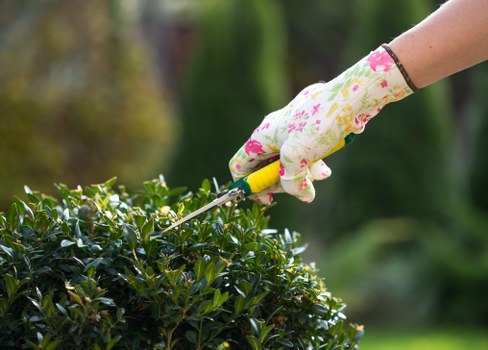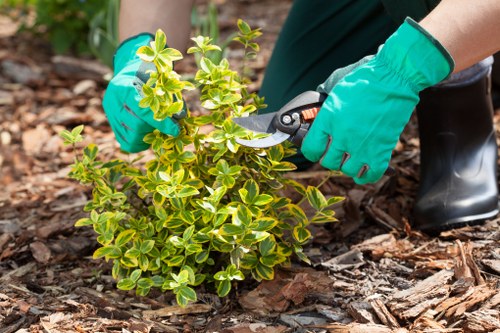Comprehensive Guide to Industrial Driveway Cleaning

Maintaining an industrial driveway is essential for ensuring safety, aesthetics, and longevity of the property. Over time, driveways accumulate various types of debris, oil spills, and other contaminants that can degrade the surface.
Regular industrial driveway cleaning helps in preserving the structural integrity and preventing costly repairs in the future. Utilizing the right cleaning techniques and equipment can make a significant difference in the maintenance process.
Understanding the different types of driveway contaminants is crucial for selecting the appropriate cleaning method. From oil stains to grease and grime, each type requires a specific approach to ensure effective removal.
One of the most common challenges in industrial driveway maintenance is dealing with persistent oil stains. These stains not only affect the appearance but can also cause the driveway surface to become slippery, posing safety hazards.
Advanced pressure washing techniques are often employed to tackle tough stains on industrial driveways. High-pressure water jets can effectively remove ingrained dirt and grime without causing damage to the surface.
In addition to pressure washing, chemical cleaners are sometimes necessary to break down stubborn stains. It's important to choose environmentally friendly and surface-safe cleaning agents to prevent any adverse effects on the driveway material.

Regular maintenance schedules play a vital role in keeping industrial driveways clean and well-maintained. Implementing a routine cleaning plan helps in identifying and addressing issues before they escalate.
Employing professional driveway cleaning services can ensure that the job is done efficiently and effectively. Experts have the knowledge and equipment needed to handle large-scale cleaning tasks typically associated with industrial properties.
Moreover, preventative measures such as sealing the driveway can provide an additional layer of protection against future stains and damage. Sealing helps in repelling water, oil, and other contaminants, making subsequent cleanings easier.

The choice of cleaning equipment is critical in the industrial driveway cleaning process. High-quality machines not only deliver better results but also reduce the time and effort required for cleaning.
Rotary sweepers and power washers are commonly used in industrial settings. These tools are designed to handle the heavy-duty cleaning tasks that typical driveways demand.
Safety is paramount when operating cleaning equipment. Ensuring that all machinery is well-maintained and operators are properly trained can prevent accidents and ensure a smooth cleaning process.

Environmental considerations are increasingly important in industrial cleaning practices. Selecting eco-friendly cleaning agents minimizes the environmental impact and aligns with sustainable business practices.
Proper waste management is also essential. Collecting and disposing of wastewater and debris responsibly prevents pollution and complies with environmental regulations.
Implementing green cleaning solutions not only benefits the environment but can also enhance the company's reputation as a responsible and sustainable entity.

In conclusion, industrial driveway cleaning is a multifaceted process that requires careful planning, the right equipment, and knowledgeable execution. Regular maintenance ensures the longevity and safety of the driveway, while also contributing to the overall efficiency of the industrial operation.
Investing in professional cleaning services and adopting sustainable practices can provide long-term benefits, both financially and environmentally.
By prioritizing driveway cleanliness, businesses can maintain a professional appearance and ensure a safe environment for employees and visitors alike.


